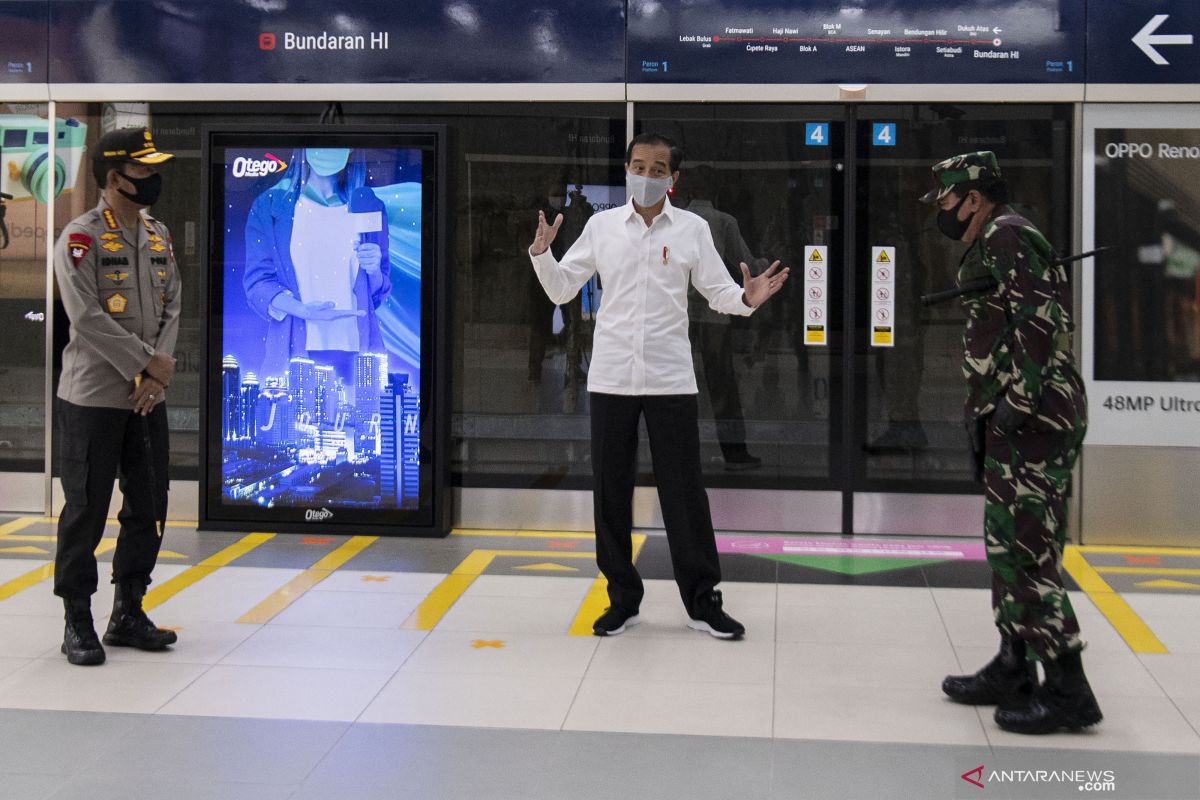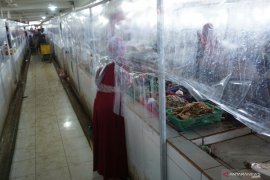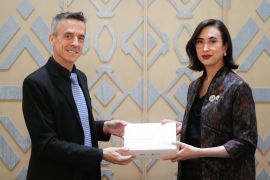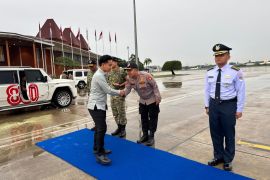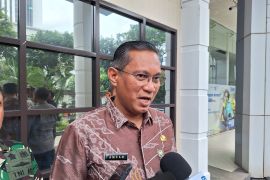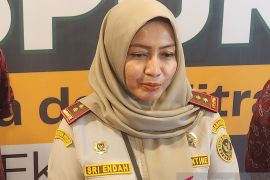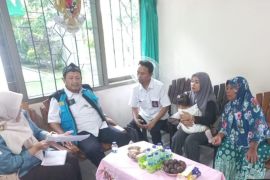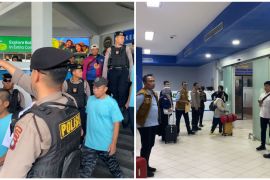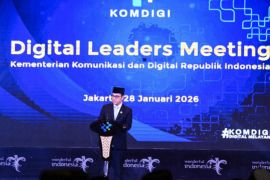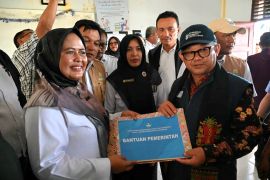Later, we will also strive to apply this new normal order in several districts and cities with a basic reproduction ratio (R0) of below oneJakarta (ANTARA) - A new normal order to ensure the public stays safe while being productive in conducting activities amid the COVID-19 pandemic will be applied in certain sectors deemed fit for it, according to President Joko Widodo.
"Later, we will also strive to apply this new normal order in several districts and cities with a basic reproduction ratio (R0) of below one," President Widodo remarked in Jakarta on Wednesday.
The government is preparing to implement a new normal protocol in four provinces and 25 districts and cities, with a relatively low COVID-19 transmission rate.
The new normal order, entailing the application of the COVID-19 transmission prevention protocol, is being implemented to ensure that people can safely resume activities.
To ensure public adherence to health protocols, the government has deployed military and police personnel to oversee the implementation of health protocols and remind residents of the significance of complying with health protocols, such as maintaining safe distance, wearing masks, and washing hands to prevent the spread of COVID-19.
Health protocols laid down for workplaces, as part of the “new normal” order, include ensuring no employee experiences over-exhaustion in addition to helping maintain the immunity levels of workers and protecting them from COVID-19 infection, the Ministry of Health had earlier stated.
The health protocols, allowing businesses to conduct their activities, also encourage workplaces to forego the shift system for workers. Provisions pertaining to the regulation of shorter working hours are stipulated in Minister of Health Decree Number HK.01.07 / MENKES / 328/2020 on Guidelines for the Prevention and Control of COVID-19 in Office and Industrial Workplaces in Support of Business Sustainability in Pandemic Situations, released in Jakarta on Tuesday.
The decree is accessible through the link http://sehatnegeriku.kemkes.go.id/baca/rilis-media/20200523/5133951/pencegahan-covid-19-tempat-kerja-era-new-normal/.
In the decree, the minister has also recommended that if possible, workplaces remove the third shift, starting at night and ending the next morning, in their system.
However, if offices still require a third shift, then, to help reduce risks, the system would need to be regulated, so that those working in the shift are largely below 50 years of age.
The regulation stipulates that company managements establish policies to prevent COVID-19 transmission. The regulation necessitates managements to conduct constant monitoring and update developing information on COVID-19 in their area.
Company managements are also required to form a COVID-19 handling team at the workplace, comprising leaders, the human resources department, Occupational Health and Safety, and health workers. The teams should be strengthened through a decree from leaders at the workplace.
Employers also need to lay down policies and procedures for workers to report suspected COVID-19 cases by scrutinizing the symptoms and then referring them to health workers for observation.
Stigmatizing those testing positive for the virus has been strictly prohibited, and the government has suggested a work-from-home scheme.
Companies would be required to determine which essential workers need to continue to work at the office and those that can work from home.
Essential workers that are required to continue to work at the office during the implementation of large-scale social restrictions (PSBB) would undergo body temperature scanning through a thermo gun at the entrance, and they would have to conduct a COVID-19 Risk Self-Assessment before entering work. This will ensure workers coming to work do not transmit the novel coronavirus.
Related news: President monitors regional readiness in transitioning to new normal
Related news: Industry Ministry encourages innovation in preparing for new normal
EDITED BY INE
Reporter: Rangga Pandu, Azis Kurmala
Editor: Fardah Assegaf
Copyright © ANTARA 2020
